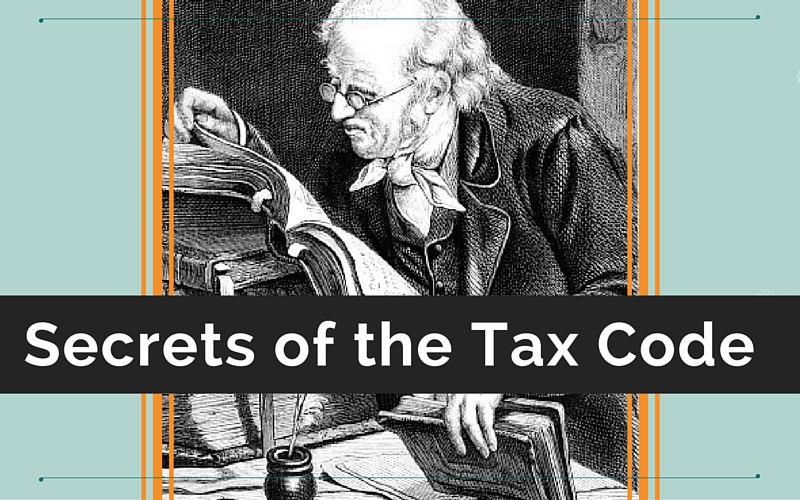
Our tax expert reveals the mysterious relationship between your money and the tax system
…and what it means for you!
Dear Marilyn,
I keep getting phone calls from someone claiming to be the IRS saying that I owe the government money. They had quite an elaborate story and really had me going…thought I was headed straight to jail…until they asked for my social security number over the phone and a warning! message went off in my head. Turns out a lot of my friends have been getting these messages from people claiming to be the IRS or the franchise tax board in their state. Sometimes they come in the mail, sometimes through the phone. Should we just ignore them?
Marilyn Parham, C.P.A.: Okay, first things first…
The IRS is aware of this phone scam problem and has issued a statement about it. You can read it about on the IRS website, but the short version is if the caller demands immediate payment, asks for credit/debit card numbers or a social security number over the phone, or threatens to bring in law enforcement to have you arrested for not paying, it's probably a scam. If you want to find out for sure, call the IRS at 1.800.829.1040.
Bottom line: the IRS will always mail you a bill before they use the phone.
If you do get something in the mail telling you that you owe more taxes or didn't file a tax return and need to, that's worth paying more attention to.
One thing we run into a lot is that self-employed people who work online neglect to file their taxes properly for the state where they live. This is especially a problem if you move around a lot for work.
So it's possible that you may get a notice (or several) from a state or federal agency saying you owe tax or implying that you do.
Here's What Not to Do
Don't through that notice in a box or stick your head in the sand because you don't know or don't want to deal with it. It's so much better for you to respond quickly. If you don't, it will come back to you with serious consequences that are harder to get around and through.
Also, don't assume the notice is correct. If it says you owe a tax or that you didn't report income, find out the details as to why they are saying that. Then determine if you agree or if they are incorrect. Many times, they are incorrect.
To give one example, one of our clients is on the road most of the year for work. She doesn't have a physical address for her business, and she works online with clients from every state in the union. But because her mail goes to an address in California, the CA Franchise Tax Board figured out that she'd made some money from a California company and sent her a notice telling her she owed them taxes. She didn't live in California while she was earning that income, so she probably doesn't owe them tax. But if she doesn't respond to that notice, the FTB will move forward with enforcement of those “assumed” taxes.
However, if she does answer their questions, they will take her off their list and leave her alone. (At least until next year!)
Instead, Do This
Here's another example to show you what you should do:
Say the IRS sends a notice that you didn't record income from a 1099MISC on your federal tax return. In reality, you did record it but it was recorded under your business's name and not directly specified as coming from a 1099MISC from that specific company.
Once you've determined this, you just need to send a letter with this explanation and any documentation to support it. The IRS should leave you alone after this. If you do not respond, they will assume they are correct and make your life a living hell trying to collect it.
The Bottom Line
Don't ignore those tax notices and don't assume they are correct. Responding to them promptly is the best way to save yourself time, money and stress.
